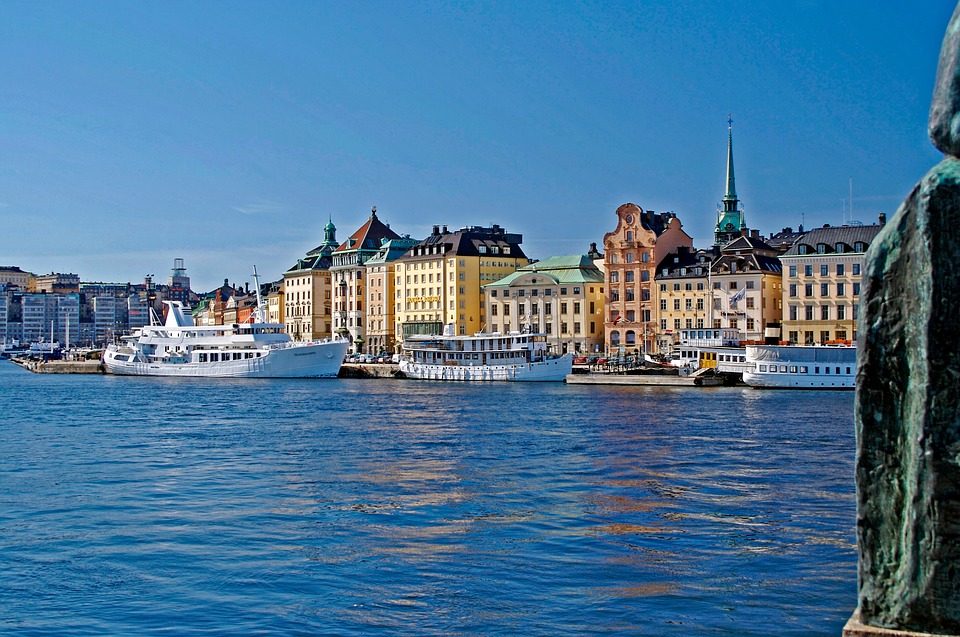Socialism is not a viable economic system. I have seen countless articles, posts, and blogs extolling the virtues of socialism while demonizing free-markets. They argue that all the world’s ills are impacted by this “inherent” evil of free-enterprise. Yet, only the opposite has been true throughout modern history. From the failed socialist state known as the USSR, to the more recent example of Castro’s Cuba, socialism has failed at every turn.
What’s worse is that this failure is not simply a breakdown of markets and a quick recovery. Those who have the unfortunate pleasure of living under socialism are the ones that suffer. The proletariat that is supposed to be being lifted to equality with the rest of the “bourgeoisie” find their position to be no better than before, maybe even worse. So why would someone want to try it again after countless famines and deaths?
In my opinion, it is because people do not understand what socialism is and attribute its success to poorly chosen models. I have often heard the argument that Sweden, Denmark, and other Nordic countries are socialist and they have succeeded. Those countries are not socialist. Sweden and Denmark have free markets. The government does not control the supply of goods or the price level, and does not mandate income levels.
Just to push this point home, the Foundation for Economic Education published an article by Corey Iacono during the recent presidential campaign about “The Myth of Scandinavian Socialism.” In this, they cite similar ideas to which I just elucidated, and point out that Scandinavian countries do indeed have heavy taxation and generous social welfare programs. However, that does not make them socialist.
If that isn’t enough, the article cited a quote from the current Prime Minister of Denmark who said at Harvard University, “I know that some people in the U.S. associate the Nordic model with some sort of socialism.
Therefore I would like to make one thing clear. Denmark is far from a socialist planned economy. Denmark is a market economy.”
If Denmark and Sweden aren’t socialist, then what is? Better examples of current socialist states are Laos or Cuba. Why? Because control over the “means of production” are not in the hands of private enterprise like they are in Sweden or the U.S., but are in the hands of the state. What is produced, how much is produced, who gets what is produced, etc. are determined in a socialist state by the government or some other state enterprise.
As one can imagine, answering these questions for millions of people is beyond challenging. Price level is almost impossible to obtain in socialism; one wrong decision over the price or quantity of a good could have a far-reaching impact on countless lives. In capitalism, the answers to many of those questions are either us or the producers. What is to be produced? Whatever it is that we demand. How much is produced? However much we want or need, and what is cost effective for the producer.
Now, I am not saying that a free-market economy is not without its hiccups, but it is the best system we have, especially when compared to the others. Free-markets and private property rights are our greatest forms of liberty. The ability to call a plot of land your own and the ability to pursue your entrepreneurial interests is not only a boon for you, but a boon for society.
Thus, as we move forward, let’s remember our history. Let’s look at how socialism has been tried and failed countless times in the past and not attempt to make the same mistake. Every time a state has tried out socialism, they always think they will do better than the last guy. It has not worked out that way. What worse is that the adoption of socialism can be easily corrupted to achieve other ends of power build-up.
In the words of Frederic Bastiat, a French economist from the 19th century, “When plunder becomes a way of life for a group of men in a society, over the course of time they create for themselves a legal system that authorizes it and a moral code that glorifies it.”
